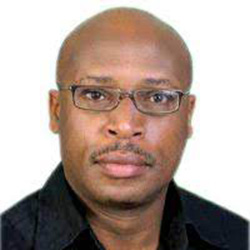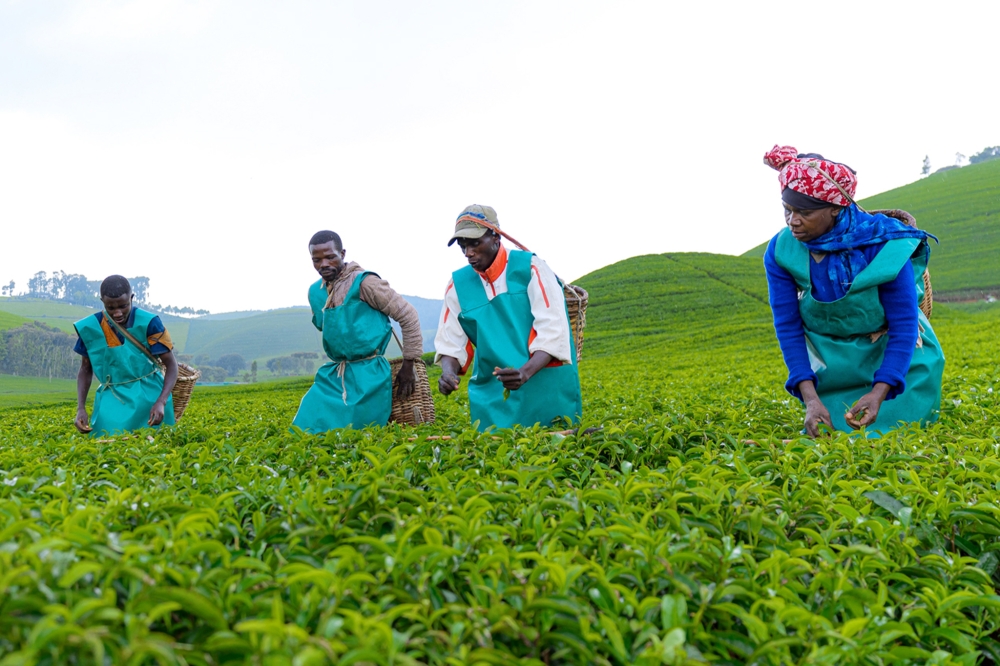In an earlier commentary, this column detailed how in the decade beginning 1960 when Mobutu seized power in Congo-Kinshasa (which he renamed Zaire, now Democratic Republic of Congo), there were no less than 21 coup d’etats in Africa by 1969. In that year, Gadhafi and Said Barre easily seized power in Libya and Somalia, respectively.


In an earlier commentary, this column detailed how in the decade beginning 1960 when Mobutu seized power in Congo-Kinshasa (which he renamed Zaire, now Democratic Republic of Congo), there were no less than 21 coup d’etats in Africa by 1969. In that year, Gadhafi and Said Barre easily seized power in Libya and Somalia, respectively.Obote was deposed by Idi Amin in Uganda in 1971, and Emperor Haile Selassie of Ethiopia was ousted in 1974. By 1975, approximately half of the continent’s states were led by military or civil-military governments. The coups would only abate after the 1980s with the fall of the Soviet Union and the end of the Cold War.Recently, the rebel group M23 briefly took over Goma in eastern Democratic Republic of Congo before withdrawing last week. The manner in which they "walked over” to take Goma led some to wonder why it should seem so easy that rebels can "take over some African states, or large parts of them.”James Fearon, in his online article, The unbelievable lightness of some African States”, observed "how remarkably weak some sub-Saharan African states are when it comes to military and police capabilities for defending the regime.”Fearon mentions Mali, even as he gives the example of M23. It will be recalled how mid-level army officers brought down the Mali government earlier this year. The officers claimed inability to contain the Tuareg threat due to the alleged failure by their government to equip the army adequately and promptly took over government.It would seem that a national leader would be self-interested enough to build a strong and loyal army that would protect their governments, if not their hold on power.Fearon speculates that some African big men are so afraid of coups and attacks from inside their regimes that they don’t want to support the construction of any organisation that would be competent at using force. He concedes that not many countries are fragile in military terms, and observes that "keeping the military weak may lower their coup risk somewhat, but effectively trades coup risk off against higher risks of rural rebellion, insurgency, and foreign depredations.” Otherwise little distinguishes one coup prone country from another.A comment reacting to Fearon insists that there are not many examples of leaders making little effort to prevent being overthrown as it might seem.The comment goes on to observe that post-independence African leaders have been quite keen on security, and that even if they haven’t had full control over their armies, they have made provision in other ways.The commentator gives the example of French military bases in countries like Cote d’Ivoire. He observes that "by and large, [such] work or at least serve to slow down or complicate attempts to take over the state.” And because of this, he opines, the vast majority of coup attempts in Africa have failed.He may have a point, especially now that there seem to be commitment and regional consensus that things should never be as they have always been. It may sound naïve to say so, but M23 was persuaded to leave Goma and saw the point of it all. Twitter: @gituram




